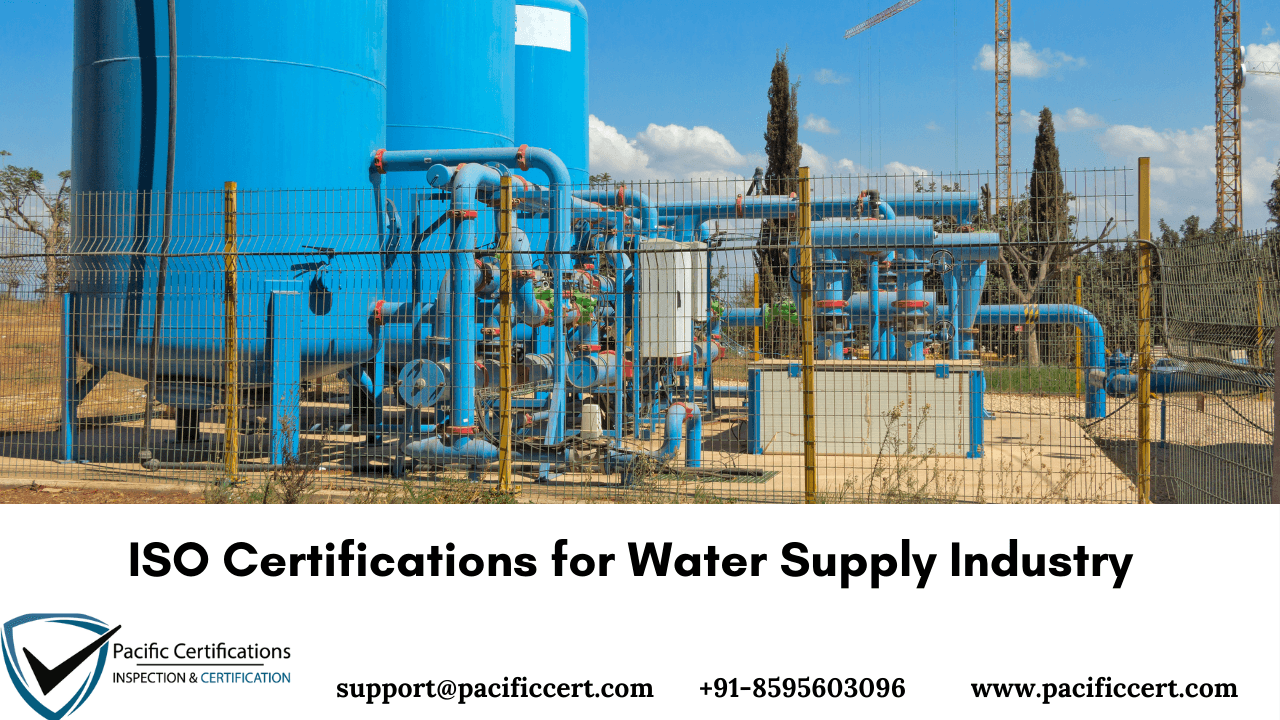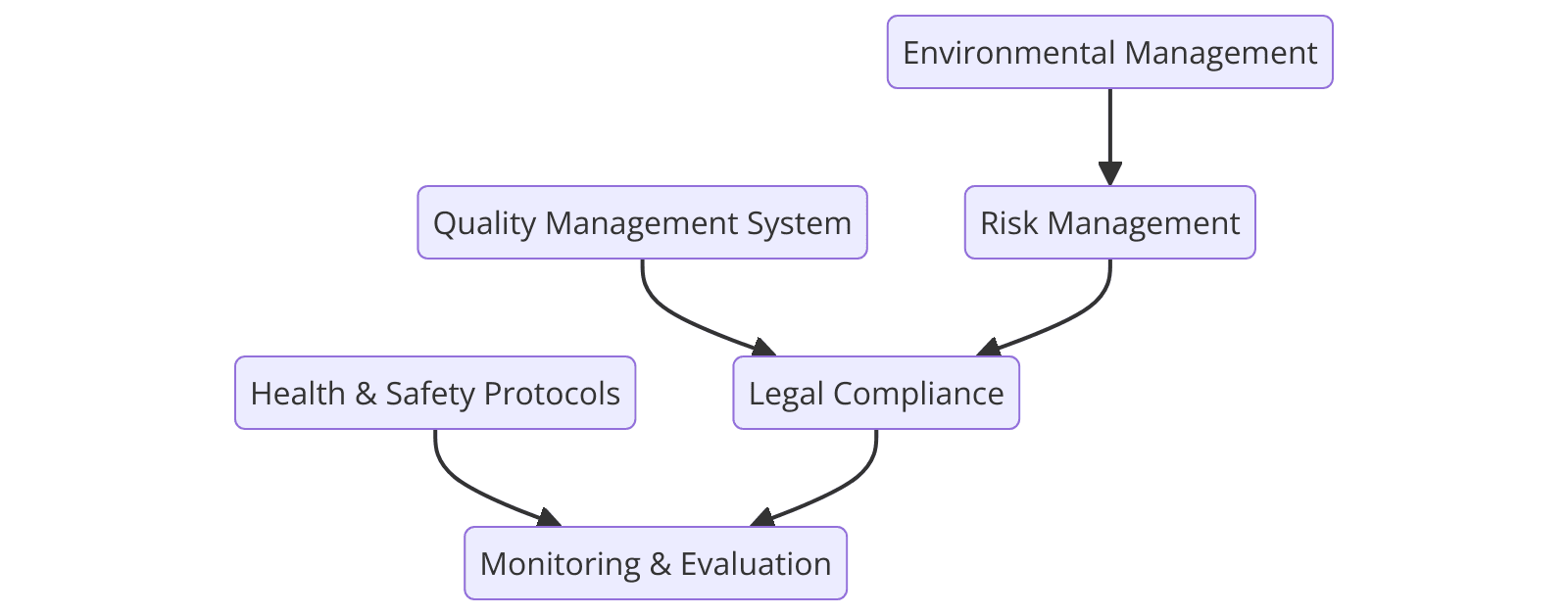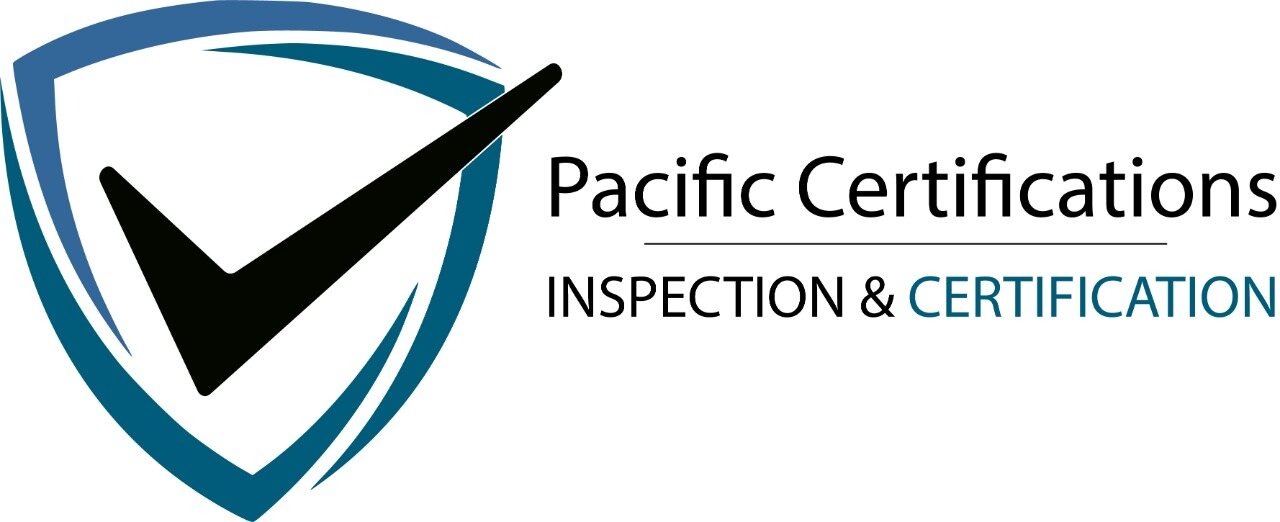ISO Certifications for Water Supply Industry, Requirements and Benefits

Introduction
The water supply industry plays a critical role in public health, economic growth, and environmental protection. From municipal utilities to private water companies and industrial suppliers, organizations in this sector face increasing demands for safety, quality, sustainability, and resilience. ISO certifications provide a globally recognized framework to help water supply companies meet these expectations while complying with regulations, protecting resources, and ensuring reliable services for communities.
ISO certifications not only improve reliability but also build trust with consumers and regulatory bodies, demonstrating a commitment to sustainability and excellence in water management.
Water is the foundation of life, and ensuring its safe, reliable, and sustainable supply is one of the greatest responsibilities for modern infrastructure providers.
Applicable ISO Standards for the Water Supply Industry
ISO 9001: Quality Management Systems (QMS):
ISO 9001 is a general quality management standard. It outlines the requirements for establishing a quality management system to enhance customer satisfaction, improve processes, and continually monitor and improve performance.
ISO 14001: Environmental Management Systems (EMS):
ISO 14001 is an environmental management standard that helps organizations, including water supply companies, develop and implement an effective environmental management system to reduce their environmental impact.
ISO 45001: Occupational Health and Safety Management Systems (OHSMS):
ISO 45001 provides a framework for establishing an occupational health and safety management system to identify and mitigate workplace hazards and improve worker safety.
ISO 24518: Activities relating to drinking water and wastewater services:
This standard specifically focuses on the drinking water and wastewater services sector. It provides guidelines for the management of drinking water quality, service continuity, and customer satisfaction.
ISO 14046: Water Footprint Assessment:
This standard is useful for organizations that want to assess and manage their water use and environmental impact related to water consumption.
ISO 5667: Water Quality
ISO 5667 provides a series of standards related to water sampling, analysis, and quality assessment. It covers various aspects of water quality, including sampling techniques, laboratory testing, and data interpretation.
Steps to obtain ISO certification for your Water Supply Organization
To obtain ISO certification for your Water Supply Organization, you need to follow these steps:
Identify the relevant ISO standards that apply to your specific operations and objectives.
Develop and implement a management system that aligns with the chosen ISO standards. This may involve process improvements, documentation, and employee training.
Conduct internal audits to ensure compliance with the chosen standards and make necessary improvements.
Engage a third-party certification body to perform an external audit and assess your organization's conformity to the ISO standards.
If your organization meets the requirements of the chosen ISO standards, the certification body will issue an ISO certification.
Pacific Certifications is accredited by ABIS for management system certifications and product certifications, If you need more support with an ISO certification for your business in Water Supply Industry, please contact us at +91-8595603096 or [email protected].
What are the requirements of ISO Certifications for Water Supply Industry?
Organizations must develop systems that ensure quality, safety, and sustainability in water sourcing, treatment, and distribution, backed by documented processes and regular evaluations. Below are some general steps and requirements for obtaining ISO certification:
Define scope of operations, regulatory obligations, and customer requirements for safe and sustainable water supply.
Establish policies for water quality, safety, environmental protection, and efficiency with leadership commitment and governance.
Conduct risk assessments covering contamination, infrastructure breakdowns, cybersecurity, and climate-related disruptions.
Develop documented processes for water sourcing, treatment, distribution, emergency response, and waste management.
Train staff on quality standards, safety protocols, environmental awareness, and crisis management practices.
Maintain records of water testing, compliance monitoring, and regulatory reporting to assure quality and transparency.
Implement controls to manage energy and water efficiency, leakage reduction, and resource optimization.
Carry out internal audits, reviews, and corrective actions to continually improve operational performance and resilience.
Tip: Start with ISO 9001 and ISO 24512 for quality and service delivery, then integrate ISO 14001, ISO 46001, and ISO 24518 to strengthen sustainability and crisis readiness.
If you are looking for ISO Certification for your company, contact us today at [email protected]
What are the benefits of ISO certifications for the water supply industry?
Certification provides water utilities and suppliers with credibility, efficiency, and compliance advantages, ensuring reliable and sustainable services for communities. Here are some of the key benefits of ISO certification for the water supply industry:
Stronger environmental performance by reducing waste, emissions, and promoting efficient resource use.
Improved water quality and service delivery through standardized processes and monitoring systems.
Safer workplaces with reduced risks for employees working in hazardous treatment and distribution environments.
Enhanced resilience and continuity of water supply during emergencies, disasters, or infrastructure failures.
Increased trust from regulators, customers, and communities by demonstrating compliance with international standards.
Greater efficiency and cost savings through leak detection, water efficiency measures, and energy optimization.
Better access to government funding, contracts, and international partnerships where ISO certification is a prerequisite.
Continuous improvement and innovation in water management practices supported by regular audits and reviews.
Market Trends
The global water and wastewater treatment market is estimated at USD 369.6 billion in 2025, with forecasts projecting it to reach USD 652.3 billion by 2034, growing at a CAGR of about 6.5 % over that period. Investment is rising sharply, 96 % of organizations plan to maintain or increase their funding in the water sector, with many aiming increases of up to 50 % year over year. Technology adoption is also accelerating—92 % of respondents recognize smart water management and desalination as key growth opportunities, while over 60 % view AI as transformative for the sector.
Conclusion
In summary, ISO certification in the water supply industry offers a wide range of benefits, including improved quality and environmental responsibility. It contributes to the long-term success and sustainability of water supply organizations.
If you need more support with an ISO certification for your business in Water Supply Industry, contact us at +91-8595603096 or [email protected].
Contact Us
If you need support with ISO certification for Water Supply Industry, contact us at [email protected].
Author: Sony
Read More at: Blogs by Pacific Certifications
